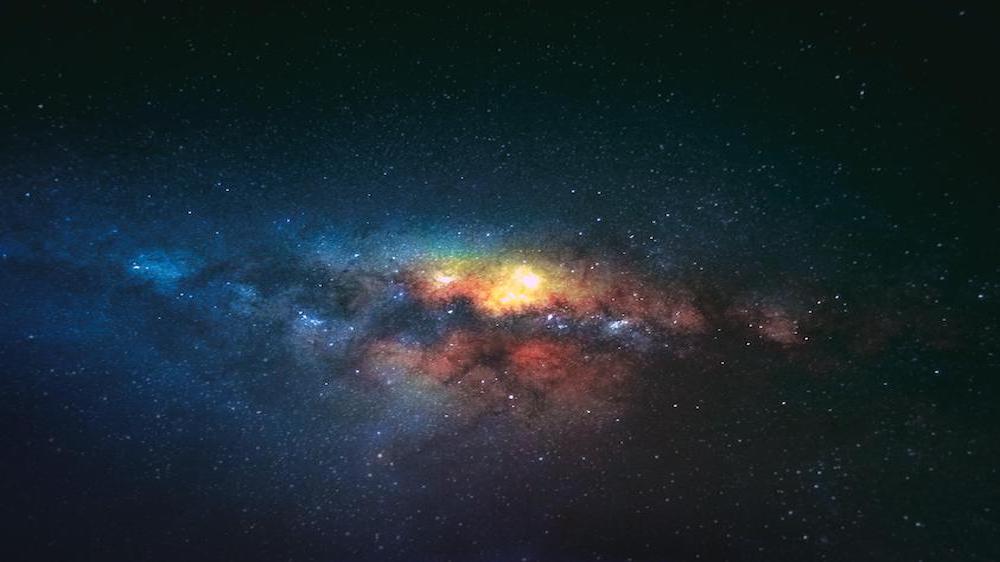Program:
10:00 Welcome by Vice-Rector at UiO, Mette Halskov Hansen and Vice President at the Norwegian Academy of Science and Letters, Terje Lohndal
10:10 Introduction of award winners by Head of the Kavli committee for astrophysics Viggo Hansteen
10:15 Kavli Prize winner David Charbonneau
10:50 Kavli Prize winner Sara Seager
11:25 Concluding remarks by Viggo Hansteen
David Charbonneau:
The Terrestrial Worlds of Other Stars
Astronomers have constructed novel, powerful telescopes on the ground and in space and used these to establish that planets similar in size and bulk composition to the Earth are a commonplace around other stars. But are these outwardly Earth-like worlds truly our cosmic siblings, or instead are they only distantly related cousins? The answer may lie in the properties of their parent stars: Most terrestrial exoplanets orbit stars that are much smaller and less massive than the Sun; these stars, in turn, emit copious amounts of x-rays and high-energy particles, which may completely remove the atmospheres of any attendant worlds. Ongoing investigations with the James Webb Space Telescope will soon reveal whether any atmospheres have survived; if so, powerful new ground-based telescopes will then probe for biosignature gases indicating the presence of life on the planetary surfaces below.
Sara Seager:
Exoplanets in the Cosmic Trenches: The Search for Signs of Life Beyond Earth
For thousands of years, inspired by the star-filled dark night sky, people have wondered what lies beyond Earth. Today, the search for signs of life is a key motivator in exoplanet and Solar System research. The discovery of biosignature gases in exoplanet atmospheres and biomarkers in situ on Solar System bodies has become a central goal. This search is fueled in part by the unprecedented capabilities of the James Webb Space Telescope, despite challenges such as faint signals, unknown planetary environments, and contamination from host stars. Concurrently, the enigmatic clouds of Venus, rich in sulfuric acid yet potentially hospitable to complex chemicals essential for life, rekindle debates over habitability in our Solar System and beyond. The innovative practices of the New Space era, with emphasis on agility, focus, and cutting-edge technology, are poised to significantly accelerate our progress in these quests. But we must strategically navigate both challenges and opportunities to edge us closer to answering one of humanity's most profound questions: Are we alone in the Universe?
About the prize:
The Kavli Prize in Astrophysics is awarded for outstanding research into the origin, development and properties of the universe, including the fields of cosmology, astrophysics, astronomy, planetary science, solar physics, space research, astrobiology, astronomical and astrophysical instrumentation, and particle astrophysics.
